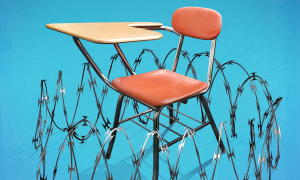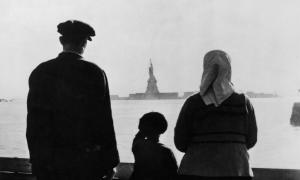article
Connect with Each Student’s Humanity
When dealing with a student whose behavior is a challenge, first ask yourself if you have a relationship with the student. When you build a relationship, you’ll notice a huge difference in behavior.





